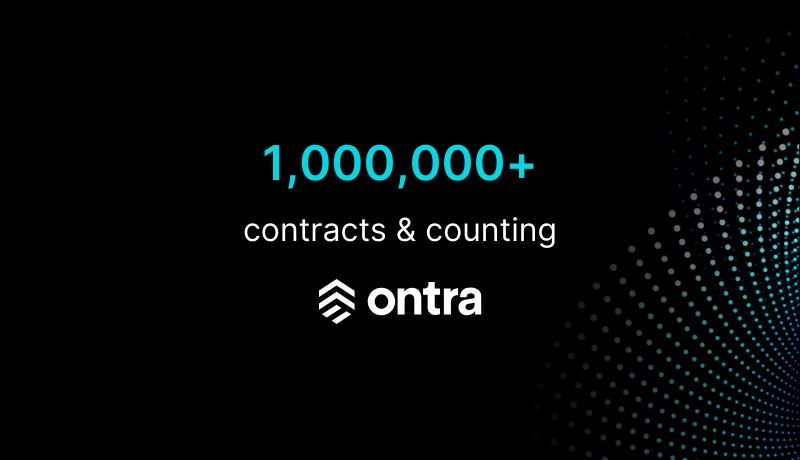Generative artificial intelligence (GenAI) has already benefited numerous industries by automating cumbersome, time-consuming workflows. According to research from PwC, 73% of U.S. companies adopted AI in at least some areas of their business in 2023, with GenAI at the forefront. This technology has unlocked invaluable productivity gains as businesses automate tasks that used to take countless hours from employees.
As GenAI booms, concerns around impacting the labor force and displacing jobs are rising. However, context is key. When applied appropriately within an industry, GenAI proves a productivity enhancer rather than a replacement for skilled professionals. Private equity offers one clear case.
Rising complexity & routine tasks detract from strategic priorities
Private equity firms continue to face a complex environment. Despite a tough market with declined deal activity in 2023, private equity in the U.S. achieved record fundraising. Fund managers are now sitting on even more dry powder, and their eagerness to identify the right investment opportunities contributes to a growing volume of side letters, non-disclosure agreements (NDAs), and due diligence. This workload results in countless hours and dollars spent on routine contracts and obligation management workflows.
In the background of fundraising, deal sourcing, and deal activity is the regulation that inevitably follows growth. Regulatory reforms in the private markets — coupled with expanding investor expectations and obligations — directly impact the amount of routine and strategic work to be done by in-house legal teams and deal professionals.
GenAI has arrived just in time to take repetitive, labor-intensive legal workflows off in-house teams’ plates. By automating routine workflows through an AI-powered product, legal and deal professionals can focus their energy and expertise on strategic priorities that move the needle for their firm: closing deals, improving portfolio company performance, and delivering optimum returns to investors.
Automating repetitive workflows unlocks the best of technology and human ability
AI boosts productivity rather than acting as a replacement for private equity professionals. This isn’t a new phenomenon either, but another chapter in the continuum of efficiency-enhancing technologies.
Consider word processing software. Before this technology, lawyers had to type everything on a typewriter without the benefit of the copy-and-paste function. Although people take it for granted now, the arrival of this software and particular workflow feature marked a massive efficiency improvement for the legal industry. The returns we’ll see using GenAI for legal workflows in private equity will be far greater.
The truth is that routine legal work has reached levels nearly impossible to manage with employees alone, particularly when private equity firms have more pressing matters to focus on, like complying with private fund adviser reforms from the U.S. Securities and Exchange Commission.
AI is the solution to enhancing efficiency and productivity. It enables firms to automate many essential yet repetitive tasks so that talented, intelligent professionals can reallocate their time to higher-value work. This shift can improve employee morale, unlock the firm’s competitive potential, and speed up the firm’s digital transformation.
Another advantage of GenAI is that it enables the private equity industry to move faster than ever. It’s an accelerator for creative legal and deal professionals. Firms that leverage AI to automate routine tasks can improve their agility and unlock bandwidth for employees to focus on driving market-beating returns, ultimately harnessing the best of both technology and human ability.



